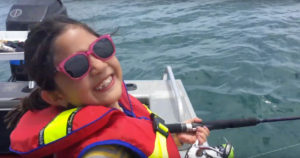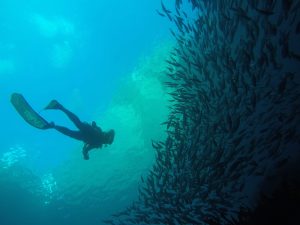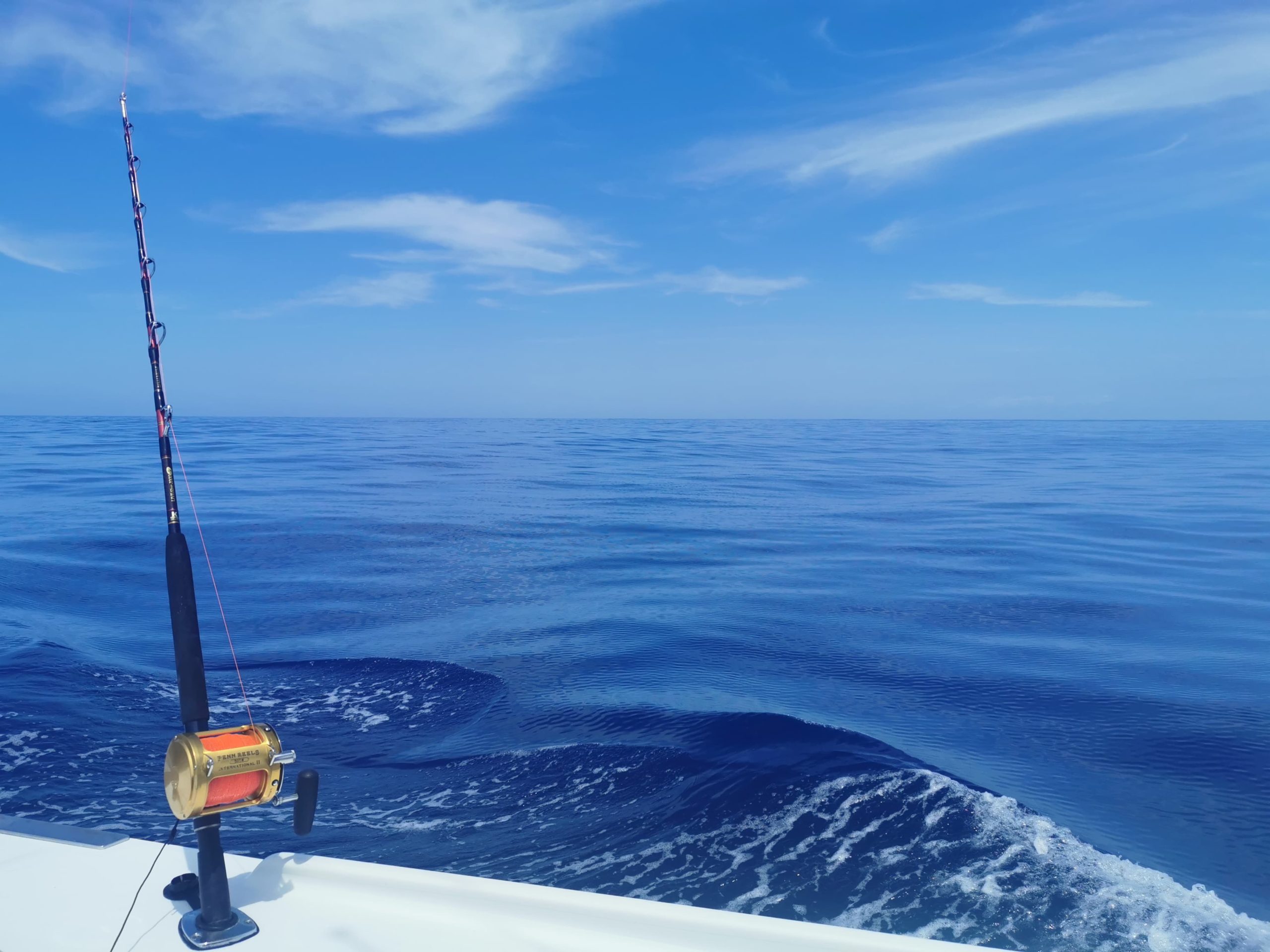FAQs
All FAQs |
Customary Fisheries | Fisheries Management | maximum sustainable yield | QMS | Economics | Fishing | Rescue Fish | Environment | Fishing methods | Recreational Fishing | Fishcare | customary | Kahawai | Reform scam | Baitfish | Scallops | Crayfish | WRC decision | Marlin | Reef fish | Deemed value penalties
May 30, 2025
The fight is only just the beginning. The next 18-months we will be working hard fighting against Shane Jones’ proposals. Money and widespread awareness are keys to our success. Here’s how you can help; 1. Subscribe to receive LegaSea newsletters to stay updated on the Ministers proposals. 2. Commit $20 a week to help fund ... Read more.
May 29, 2025
Commercial/Total Allowable Commercial Catch limit (TACC) – 2,728,000 kilograms. (2728 tonnes). Recreational allowance – 2,293,000 kilograms. (2293 tonnes). Māori customary allowance – 617,000 kilograms. (617 tonnes). *Note – Recreational and customary fishing are not part of the Quota Management System. As per the 1996 Fisheries Act, the Minister sets aside allowances to provide for our ... Read more.
May 29, 2025
Below is the breakdown of kahawai catch in 2024; Commercial landings – 2,158,000 kilograms, for sale. Recreational landings – 370,600 kilograms, to feed our families. Māori customary – unknown, however, it is common for kahawai to be caught for customary purposes under the amateur fishing regulations, as part of a person’s recreational daily bag limit. ... Read more.
May 29, 2025
Around 55% of the commercial kahawai catch remains in New Zealand and sold locally. Sources – Seafood New Zealand, Export Statistics. January – December 2024. Page 41. Fisheries New Zealand, Fisheries Assessment Plenary. May 2024. Page 723
May 29, 2025
In 2024 whole, frozen kahawai were on average exported for less than $2 per kilo. Source – Seafood New Zealand, Export Statistics. January – December 2024. Page 41.
May 29, 2025
In 2024, more than 620,000 kilos of kahawai were exported to Guinea, West Africa. That’s more than 70% of the total frozen, whole kahawai exported. Source – Seafood New Zealand, Export Statistics. January – December 2024. Page 41.
May 29, 2025
Purse seining is the main method used by commercial fishers to catch kahawai. Substantial quantities of kahawai are also harvested using set nets and as non-targeted catch in the surface longline and trawl fisheries Source – Fisheries New Zealand, Fisheries Assessment Plenary. May 2024. Pages 720 & 721
May 29, 2025
In 2024, New Zealand exported more than 975,000 kilograms of kahawai. The majority of kahawai is exported frozen, whole, no value added. Source – Seafood New Zealand, Export Statistics. January – December 2024. Page 41
 April 18, 2024
The 2022-23 National Panel Survey to estimate recreational catch found that New Zealanders land around 5,500 tonnes of fish per annum. This survey was conducted nationwide by Fisheries New Zealand between 1 October 2022 and 30 September 2023. The previous Survey was conducted in 2017-18. Excluding aquaculture, the Fisheries New Zealand research reveals that annual ... Read more.
April 18, 2024
The 2022-23 National Panel Survey to estimate recreational catch found that New Zealanders land around 5,500 tonnes of fish per annum. This survey was conducted nationwide by Fisheries New Zealand between 1 October 2022 and 30 September 2023. The previous Survey was conducted in 2017-18. Excluding aquaculture, the Fisheries New Zealand research reveals that annual ... Read more.
 October 5, 2023
B50 is precautionary management Given the challenges of climate change, poor stock estimates and critical Court judgements, delivering on the promise of precautionary management means investing in a change to restore fish abundance, biodiversity, and ecosystem function. Having a management target of B50 is a start to achieving restored abundance for the benefit of all ... Read more.
October 5, 2023
B50 is precautionary management Given the challenges of climate change, poor stock estimates and critical Court judgements, delivering on the promise of precautionary management means investing in a change to restore fish abundance, biodiversity, and ecosystem function. Having a management target of B50 is a start to achieving restored abundance for the benefit of all ... Read more.



